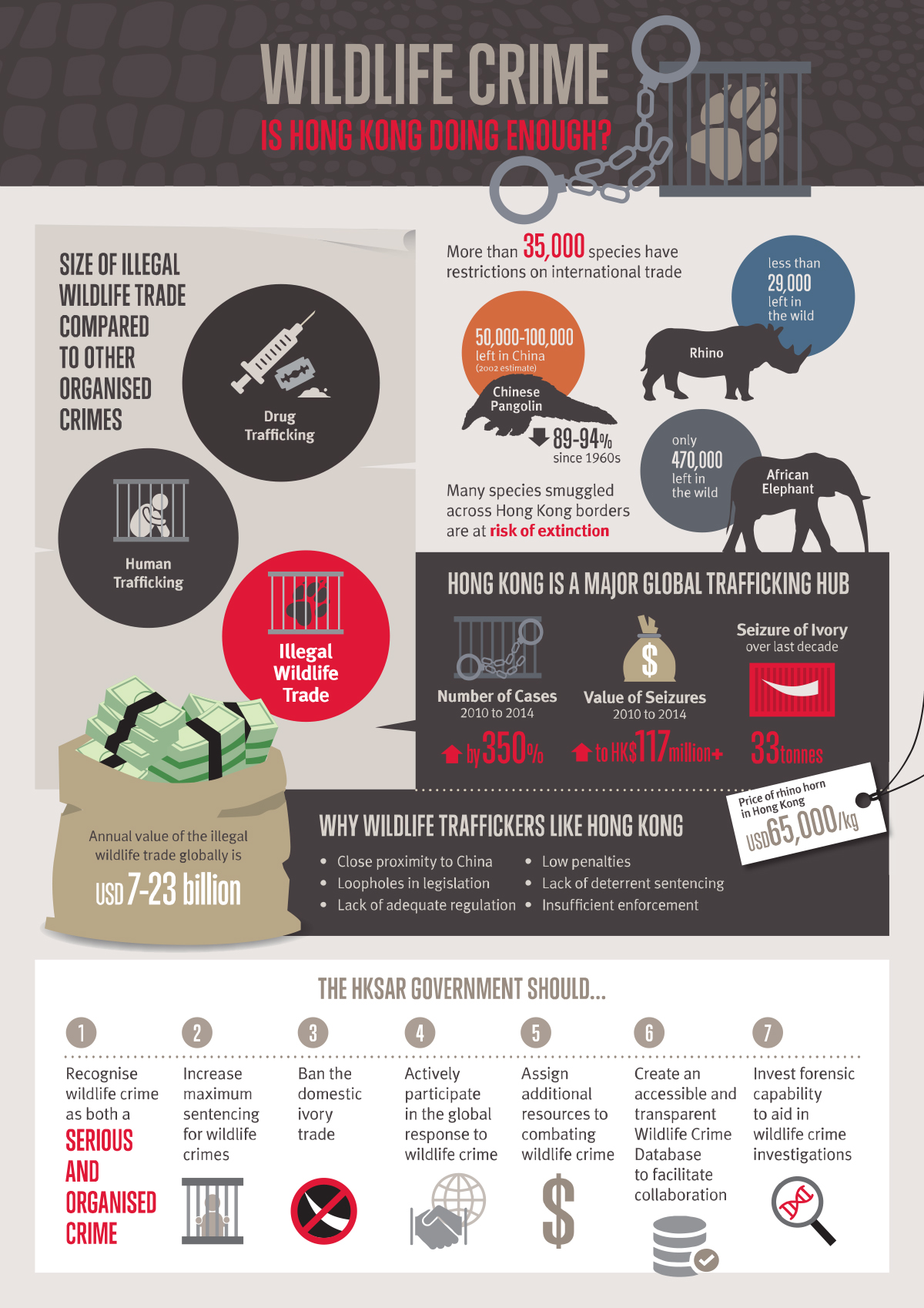This month sees three significant actions to tackle Hong Kong’s underground totoaba trade – the force that’s driving vaquitas to extinction
This month is ‘make or break’ for the world’s 57 remaining vaquitas.
Despite dire developments earlier in the year, momentum to protect this precious porpoise is on the rise. December 22, in particular, will see an unprecedented step – the trial of two shop owners for direct involvement in the illegal totoaba trade that is vanquishing our vaquitas.
Vaquita populations have declined by 75% in just three years, a rate that will render them extinct by 2018. This dire fate seemed all the more real this summer, when a week-long Greenpeace mission discovered 10 deadly, illegal gillnets in the Gulf of California vaquita sanctuary.
These nets, intended for the totoaba fish, entangle vaquitas and cause them to drown. Totoabas are targeted for their swim bladders, which fetch up to HK$500,000 in dried seafood shops in Hong Kong. Here, they are bought as an investment, status symbol and health tonic.
The totoaba is critically endangered, and has been protected from trade since the late 70s. Yet poaching, smuggling and sales continue unabated. A Greenpeace East Asia investigation earlier this year uncovered seven Hong Kong shopkeepers brazenly selling the prized swim bladders, and advising would-be customers how to smuggle these extravagant, unlawful purchases across borders.
But this situation looks set to change.
On Tuesday, two dried seafood shop operators will face a judge for possession of 14 totoaba swim bladders found on their premises. This could result in a penalty of HK$5 million and two years imprisonment. If doled out, this sentence would send a clear and alarming message to totoaba traders: their illegal activity is not tolerated, and can no longer continue with impunity.
In keeping with this notion, Greenpeace and a group of NGOs today presented the government with a 50+ page position paper entitled ‘Wildlife Crime: Is Hong Kong Doing Enough?’ It exposed the inadequate action on, and high rate of, endangered species smuggling in Hong Kong – including totoaba. It also called on greater resources and effort to be allocated to wildlife crime enforcement through a five-point action plan. Currently, less than 3% of the annual government budget is spent on endangered species protection.

The release of this report generated considerable media attention, and put pressure on officials to ramp up enforcement. We appreciate prompt and helpful response from Hong Kong’s Agriculture, Fisheries and Conservation Department (AFCD). In particular, we are grateful for their willingness to provide further clarity and understanding, and we look forward to further positive exchange and dialogue looking forward.
We hope that the government can acknowledge Hong Kong as a wildlife trafficking hub and we remain optimistic that it will engage with the local and international community in the global fight against wildlife crime. Though concrete actions have yet to be seen, the desire to cooperate is a critical step in the right direction, on a road that could lead to saving both the totoaba and vaquita.
These developments are part of a broader recognition of wildlife crime as a serious issue, particularly in Hong Kong. Earlier this month saw a dedicated motion debate in the government on combatting wildlife crime. This was passed by unanimous vote, and provided a platform for lawmakers to announce their support of greater wildlife protection. One legislator, Cyd Ho, highlighted the totoaba trade at this historic meeting:
“There is a ban on catching totoaba, but there’s such a high demand in China, and smuggling is done through Hong Kong…. The Undersecretary talks of checking samples and raiding retail outlets, but the fact is that totoaba is still for sale. In other words: you have not done enough.”
Such impassioned sentiments, encouraging actions, and positive momentum must be maintained. It’s critical that Greenpeace, NGOs, and people like you continue to apply pressure on officials to take note, step up, and do more to stop the devastating – and totally illegal – totoaba trade. All being well, Tuesday’s court case will result in just penalties for the culprits, and be the first in a series of concerted, quantifiable efforts to quash the destructive totoaba trade.
Because if things keep moving in this direction, the vaquita might just stand a fighting chance at survival.
